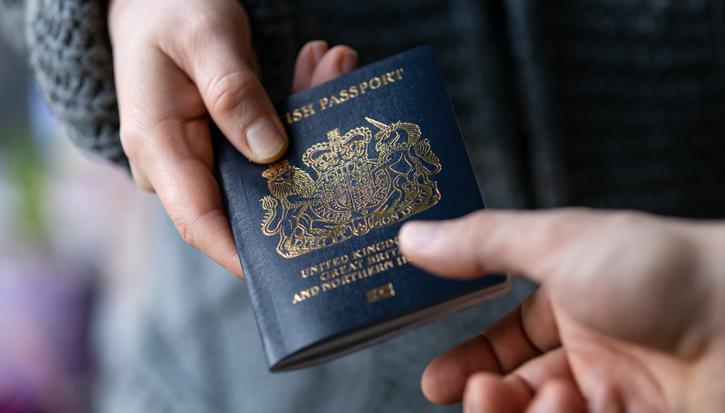People powered solutions to the climate crisis
Article
Addressing the climate crisis, like the coronavirus, has forced us to rethink the ways in which we live and how our neighbourhoods are designed. It has highlighted baked-in inequalities as well as bringing neighbours together in mutual aid. Transitioning out of coronavirus and to a climate safe world presents us with an opportunity to address the inequality in the access to green space, public transport, cycle lanes, healthy homes and food.
After the sunniest recorded spring in history and warnings of water shortages at home, and the hottest summer for the entire Northern hemisphere, we are reminded that climate change hasn’t gone away.
Citizens UK and IPPR believe there is an opportunity for a ‘Just Transition City’ in London, to show how we can address the climate crisis in a way that improves people’s lives and provides opportunities rather than exacerbating or creating new inequalities.
If London is to be a Just Transition City, then its transition away from fossil fuels must put low income and marginalised communities first, while ensuring the benefits from the green economy are fairly shared with all.
To ensure this happens, we first need to listen. To each other, to neighbours and to people we don’t normally listen to, and then ensure those in charge can really listen to what people want.
Citizens UK, with policy support from IPPR, is embarking on a listening campaign, involving thousands of Londoners, so that it is Londoners who get to design this transition. Citizens UK and IPPR want to ensure action to address the climate crisis will prioritise the neighbourhoods already suffering from the disproportionate impacts from coronavirus, as well as pollution, job losses and the damage associated with the fossil fuel economy. This approach is one that IPPR is also taking across the country through its cross-party Environmental Justice Commission through the use of citizens juries.
The climate crisis is a symptom of the unequal, unhealthy and unsustainable ways our cities, amongst other areas, have developed. Too many poor quality, damp and drafty homes, situated in polluted streets that have been designed around the use of dirty and dangerous cars rather than people. Pushing out healthier and cheaper cycling and walking options, allocating more space to car parking than public parks, and poor access to the healthiest and cheapest food sources. This has been a story of multi-layered inequalities, with exposure to pollution disproportionately borne by the lowest income and BAME households.
There are solutions to all of these problems and this action could bring huge benefits. Through sustainable government investment we could create 1.6 million new green and low-carbon jobs across the UK by 2035. We could redesign dirty transport, leading to a fall in pollution-related illnesses. We could upgrade our homes, making them more energy efficient and lowering energy bills. But these actions don’t always require huge government spending (there are cooperative ownership models and private sector innovators), and they can often improve our quality of life.
There are renewable, clean ways to heat our homes, power our cars, generate our energy and ways to provide our food that actually regenerate the earth rather than depleting it. As we transition to a cleaner economy where our environment not only survives but thrives, we must place a priority on ensuring justice. That means fairness in ensuring low income and marginalised communities aren’t left behind as well as ensuring all the benefits from a low carbon economy are fairly shared with all and don’t just accrue to the wealthy.
Dismantling the fossil fuel economy and building a green, regenerative, egalitarian, healthy society means dismantling existing power imbalances. This needs to be done with relational power, through training local people to listen to one another, agree on common solutions, and then collectively engage those who hold power to make the changes we want to see. Securing a ‘just transition city’ will be done street by street, and it starts with talking about what kind of neighbourhoods we would like to live in.
Citizens UK and IPPR
By Lucy Stone, Aaron Befekadu, Advocacy Academy, Rev Vanessa Conant, St Mary’s Church Walthamstow, and Luke Murphy, IPPR
Related items

Women in Scotland: the gendered impact of care on financial stability and well-being
Women in Scotland are far likelier than men to take on childcare and other caring responsibilities, which puts them at an economic disadvantage.
Citizenship: A race to the bottom?
The ability to move from temporary immigration status to settlement, and ultimately to citizenship, is the cornerstone of a fair and functional immigration system.
Reflections on International Women's Day 2025
In a world that currently seems increasingly dominated by ‘strong man’ politics and macho posturing, this International Women’s Day it seems more important than ever to take stock of where we are on the representation of women in politics.